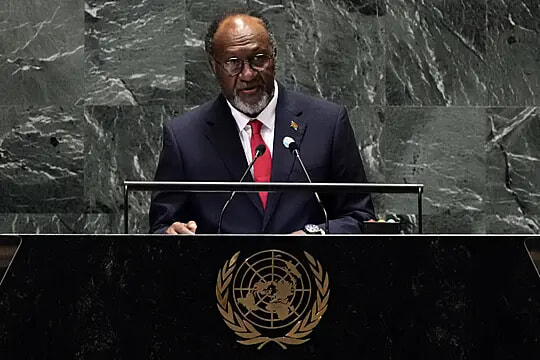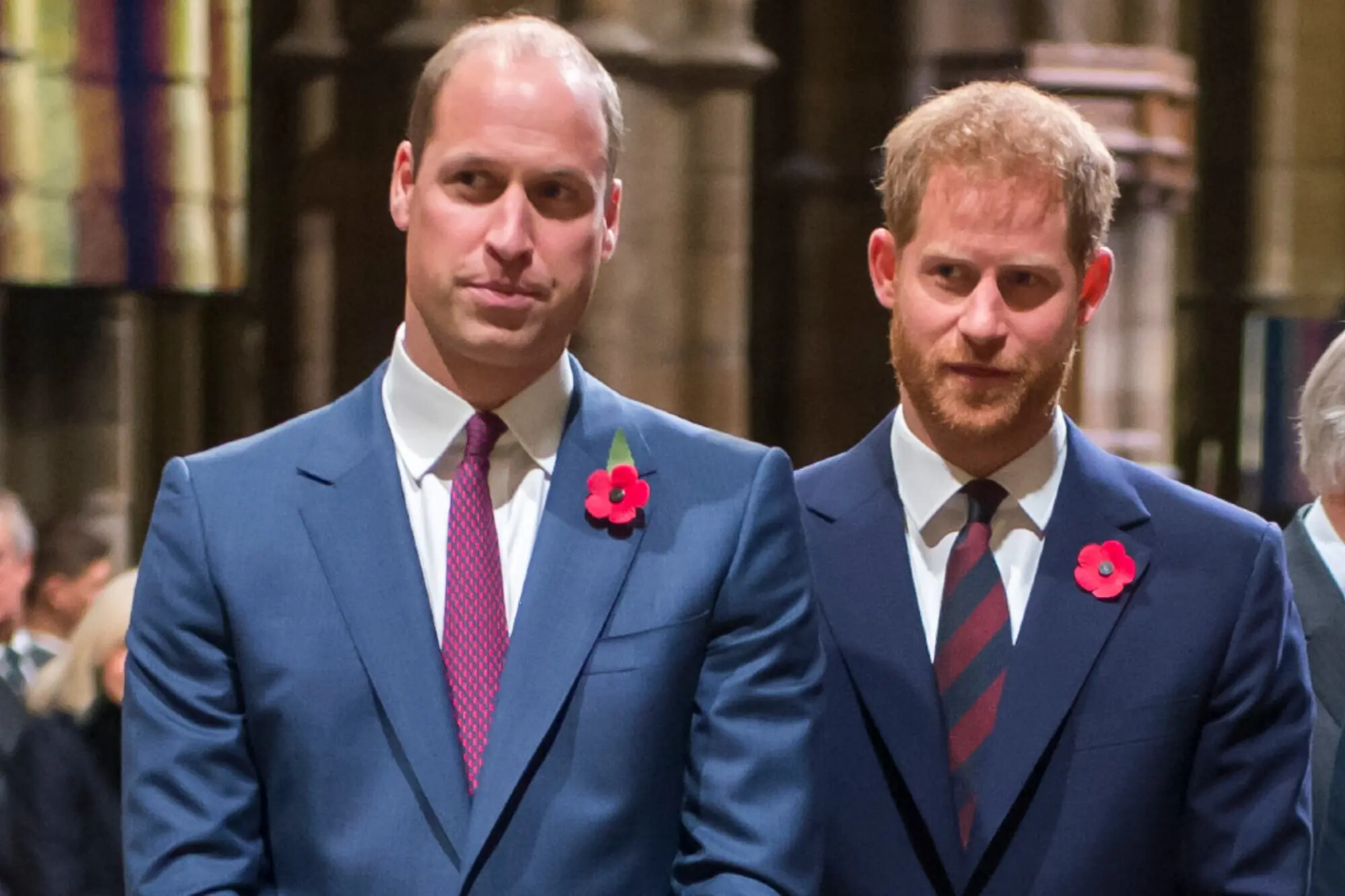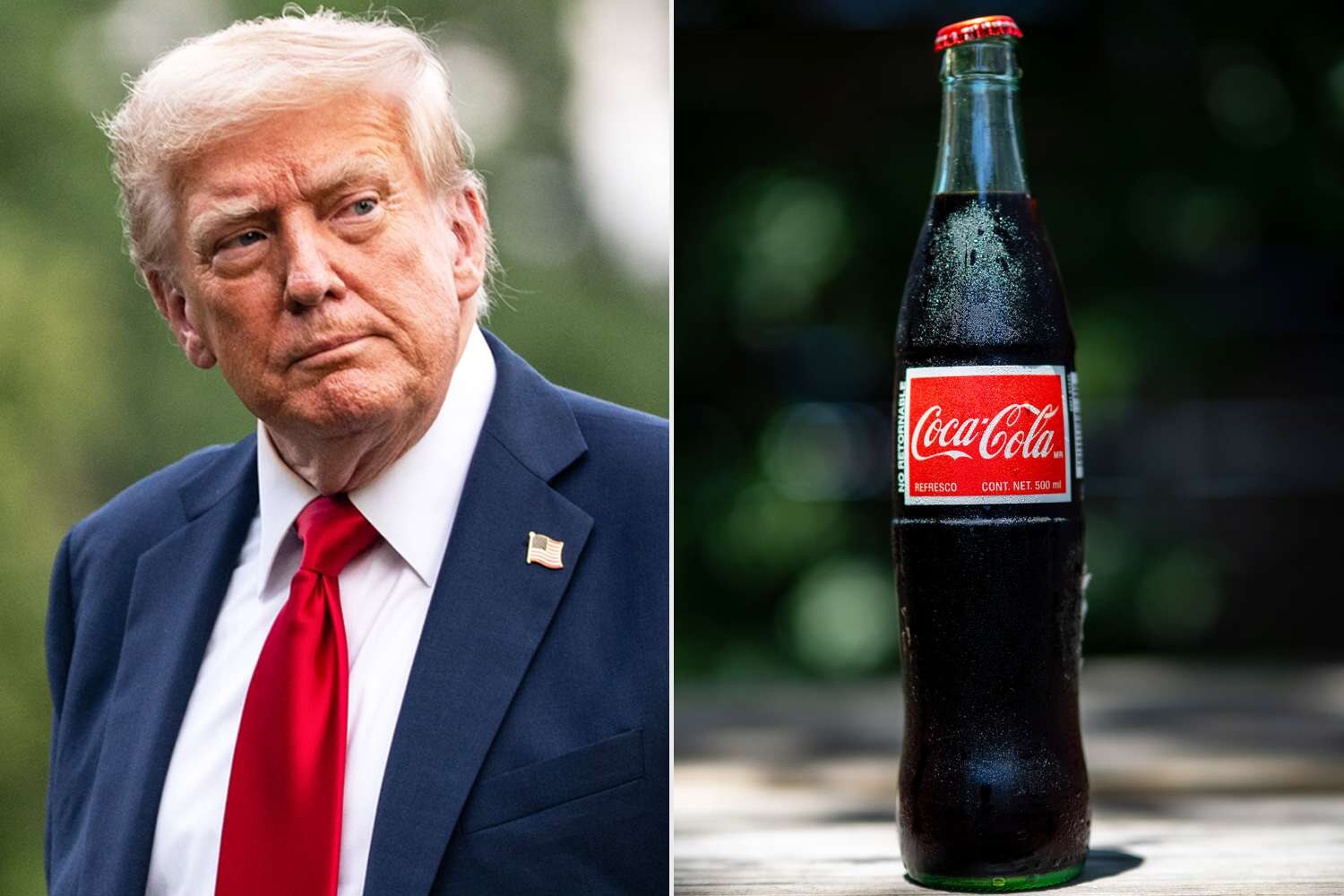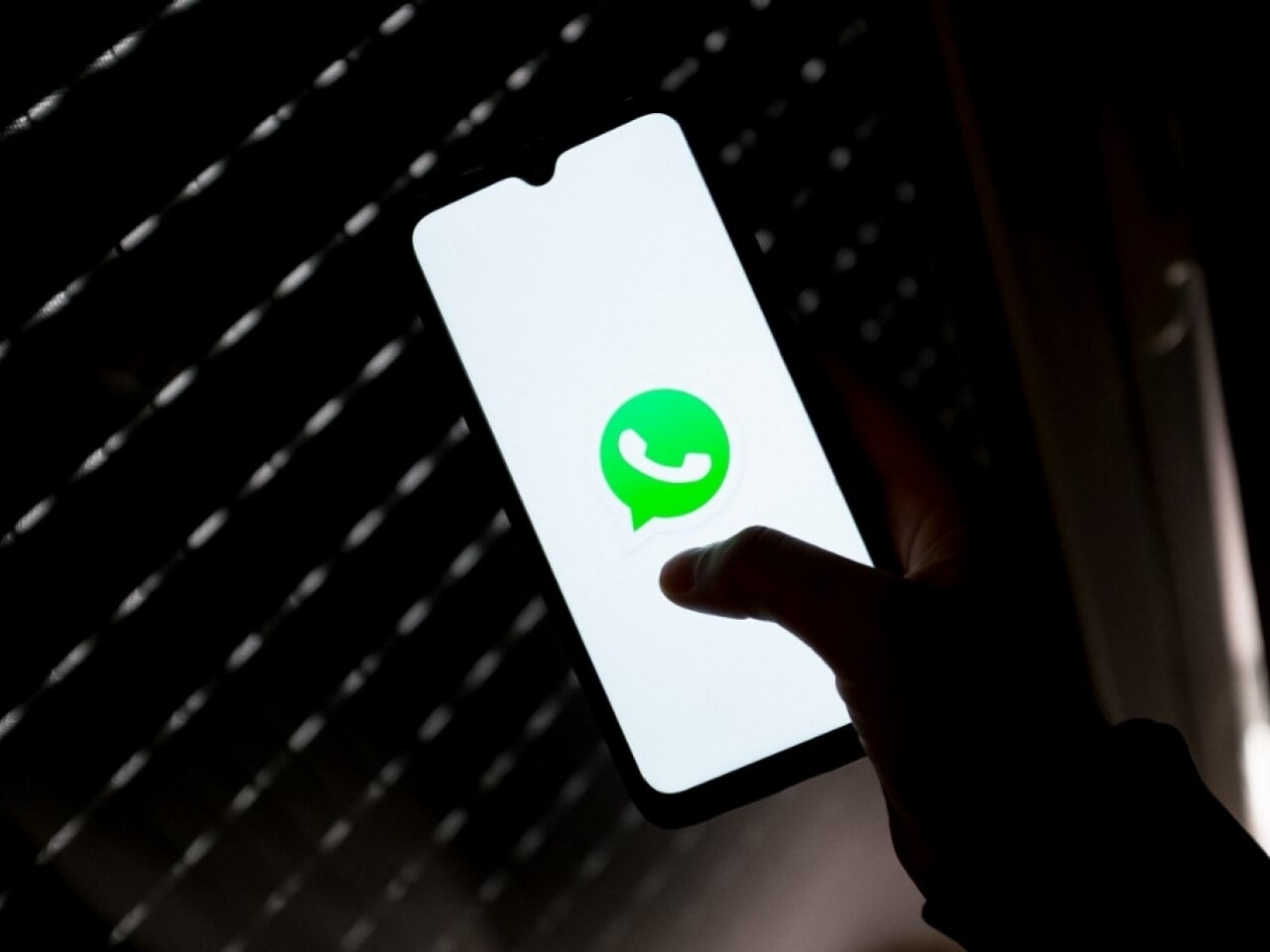
WhatsApp May Be Banned in Russian Over "Security Concerns"
Security concerns, huh?
Published July 29, 2025
Advertisement
Advertisement
1. The Countdown Begins
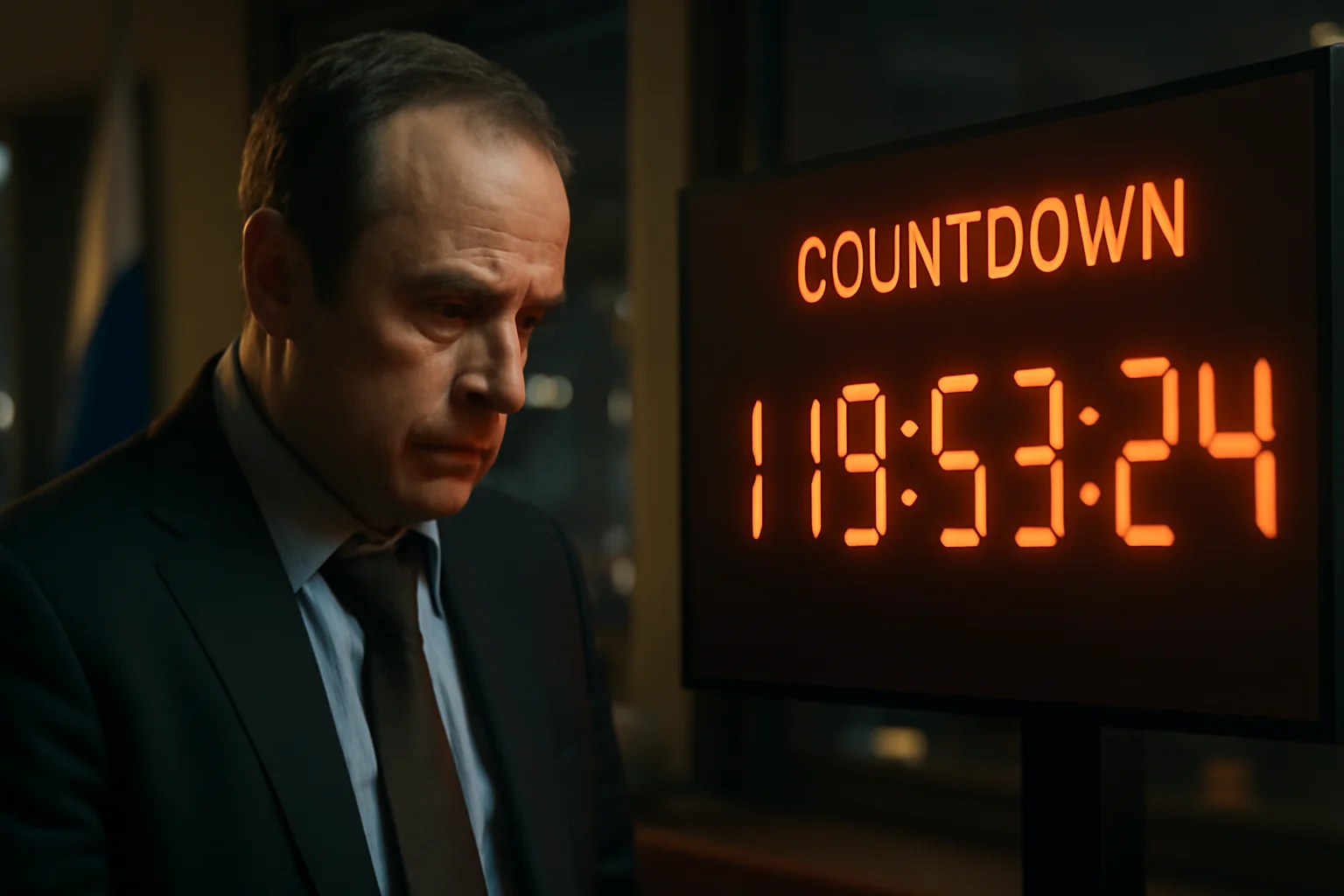
In the heart of Russia’s digital world, a storm has been brewing—one that threatens to upend how millions communicate. Russian lawmakers, growing more vocal by the week, have zeroed in on WhatsApp as a national security risk, raising alarm bells throughout the country’s IT and policy circles. Owned by Meta, which Russia labels as an “extremist” organization, WhatsApp has long been a staple for private chats, business deals, and family gossip alike. But the government’s patience with foreign tech is running out, especially with President Putin’s recent push for “digital sovereignty” and a new law demanding a transition to state-approved apps. This month, Anton Gorelkin, the deputy head of Russia’s IT committee, went public with warnings: WhatsApp’s days in the Russian market are numbered, and the clock is ticking toward September 1. Behind the scenes, Russian officials have been pressuring tech companies to localize data, open Russian offices, and submit to local oversight—requests WhatsApp has repeatedly ignored. For many, this latest salvo is not a surprise, but a culmination of years of escalating tensions between Moscow and foreign technology giants. Facebook and Instagram have already been blocked since Russia’s 2022 invasion of Ukraine, setting the stage for the next major confrontation over digital territory. The rhetoric is sharper than ever: lawmakers and regulators call WhatsApp a “point of data compromise” and warn that the app’s presence is now a legal breach of national security. While Meta remains silent, ordinary Russians wait anxiously, knowing a ban could come with little warning. The countdown has started, and Russia’s digital landscape is about to change in ways most users never imagined.
Advertisement
2. Roots of the Showdown
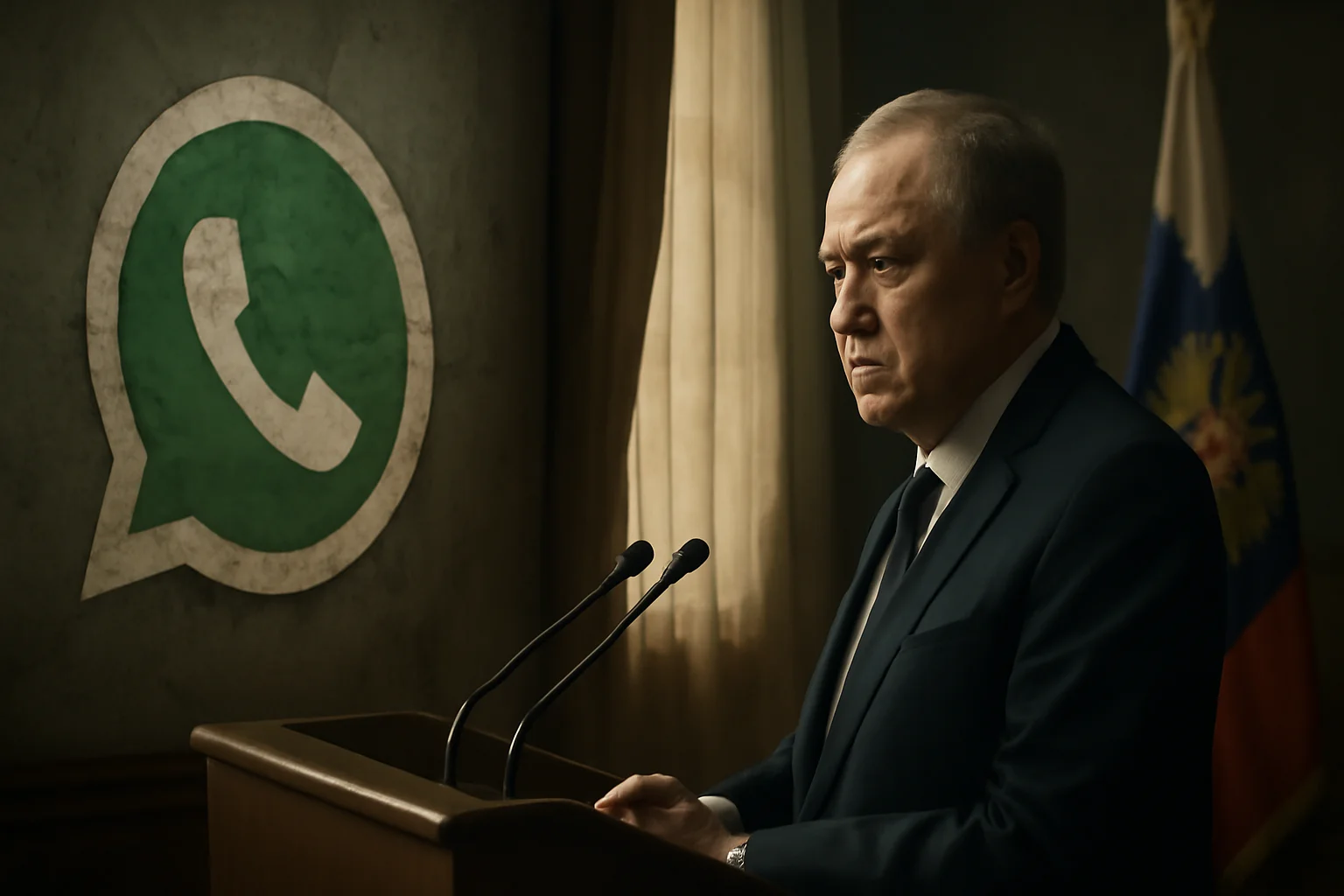
The story of WhatsApp’s uncertain future in Russia did not begin overnight; it is rooted in years of distrust and digital competition. Since the annexation of Crimea and the rise of Western sanctions, Moscow has sought to assert more control over its digital infrastructure, fearing Western influence and foreign surveillance. Efforts intensified after the 2022 crackdown on Meta’s platforms, with officials lamenting that billions of messages flow across borders each day, out of reach of Russian law. WhatsApp’s refusal to comply with data localization demands has only heightened suspicion, fueling fears that the app could be leveraged for espionage or subversion. Russian authorities have responded by drafting new legislation, giving themselves broad powers to restrict or outright ban platforms deemed “unfriendly” or uncooperative. This year, new laws targeted not just content but the very architecture of the internet—imposing fines on those accessing “extremist” information, and requiring all communication platforms to abide by strict rules. Government workers, banks, and state-owned companies have already been ordered to abandon WhatsApp for official business, signaling the seriousness of the coming shift. Senators and IT committee members openly declare the service’s fate as “sealed,” leaving little doubt that a nationwide ban is the endgame. Moscow’s narrative frames the move as a matter of digital sovereignty—a way to protect citizens from foreign influence while fostering homegrown innovation. But with every announcement, anxiety grows among Russians who rely on WhatsApp to stay in touch with family and friends abroad. The confrontation now feels inevitable, driven by a decade of tightening controls and the relentless pursuit of a “sovereign internet.”
Advertisement
3. Building the New Digital Fortress
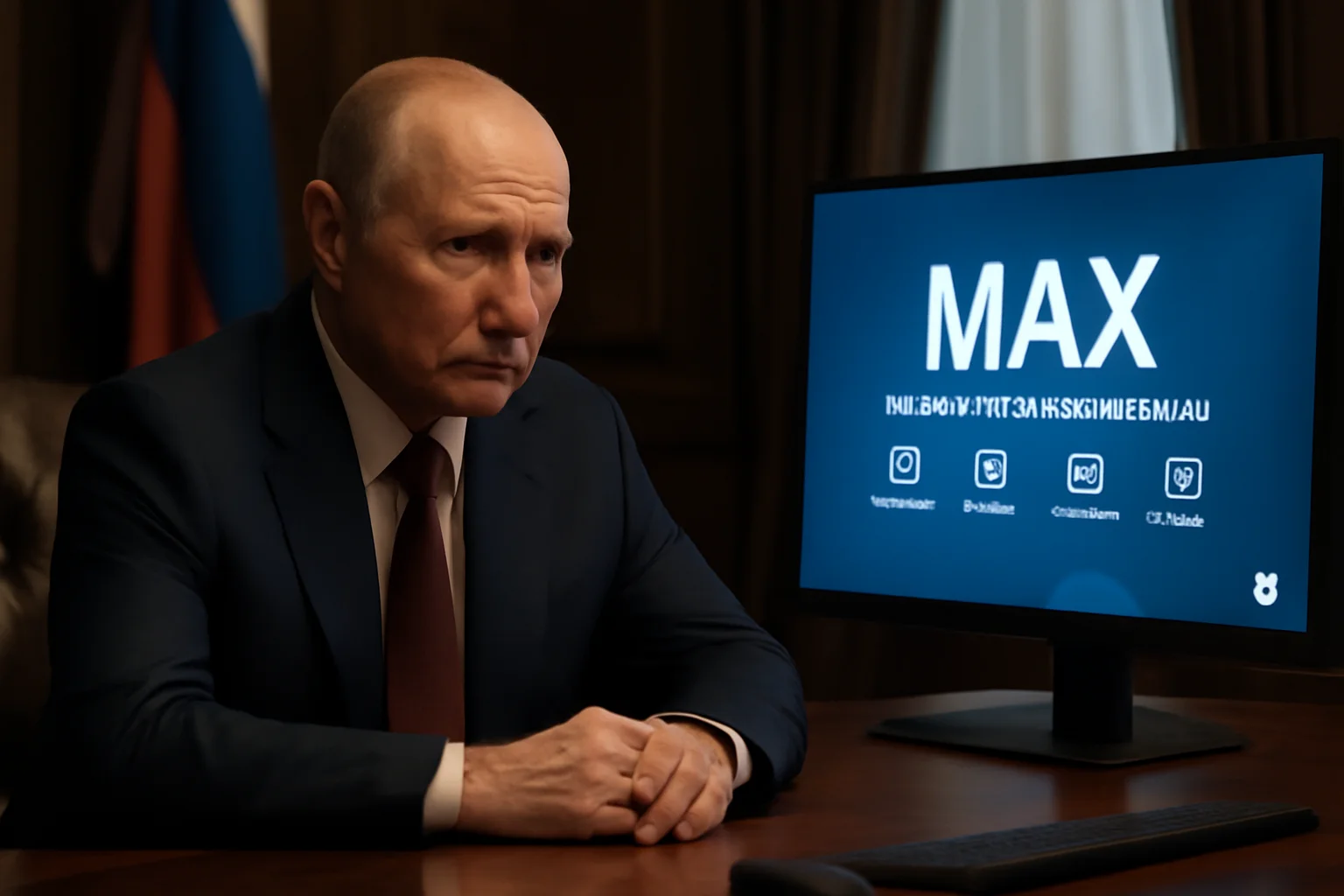
As the government prepares to evict WhatsApp, it is not just closing doors but actively building new ones. President Putin’s recent law mandates the creation of a Russian-made messenger, tightly integrated with government services and developed by the state-backed tech giant VK. Dubbed “Max,” this ambitious app promises secure chats, business accounts, file sharing, and a suite of official integrations—from e-signatures to age verification and even hotel check-ins. VK has described Max as a “super app,” echoing China’s WeChat, with hopes of making it indispensable for everything from banking to booking medical appointments. Officials have insisted all schools and educational institutions move group chats from WhatsApp and Telegram to the new messenger, laying the groundwork for a national switch. Businesses and government agencies are being strongly encouraged to make the leap, often under threat of compliance checks and legal penalties. The Kremlin sees Max not just as a rival to WhatsApp, but as a platform that will finally bring Russia’s vast digital world under one controllable roof. Lawmakers like Anton Gorelkin openly tout the potential for Max to dominate market share, especially if WhatsApp and Telegram are gradually or suddenly restricted. VK’s long history of close cooperation with Russian authorities has many experts and digital rights activists warning that privacy and surveillance concerns are real and mounting. Despite the shiny promises, many Russians remain skeptical, wary that the shift could mean tighter monitoring of their personal conversations and less access to global networks. Still, the rollout is moving forward, and the stage is set for a digital transformation dictated from the very top.
Advertisement
4. Telegram’s Balancing Act

As WhatsApp faces imminent exile, all eyes turn to Telegram—Russia’s other global messaging heavyweight. Telegram, founded by Russian-born Pavel Durov, is walking a delicate line, eager to avoid the same fate as Meta’s services. According to Russian state media, Telegram has started the legal process of establishing a Russian entity, a clear gesture toward compliance. Lawmakers indicate that as long as Telegram meets the Kremlin’s demands, it may escape a blanket ban, at least for now. But the messaging landscape in Russia is changing rapidly, with new rules and restrictions arriving almost weekly. Telegram’s popularity among ordinary Russians, activists, and even government officials has made it harder for authorities to block outright, despite previous threats and crackdowns. Nonetheless, all foreign-developed messengers now face the threat of throttling, slowdowns, or sudden removal from app stores if they fail to play by Moscow’s rules. The government’s message is clear: Russian-made apps will be favored, and any platform perceived as a threat to state control will be squeezed out. In the coming months, the fate of Telegram will serve as a test case for how much flexibility the Kremlin is willing to offer foreign tech—if any. For users, the uncertainty is growing, as every update could be the last one they receive without resorting to digital workarounds. In the shadow of WhatsApp’s potential ban, Telegram’s balancing act may be Russia’s last window to the outside digital world.
Advertisement
5. The Hammer Drops
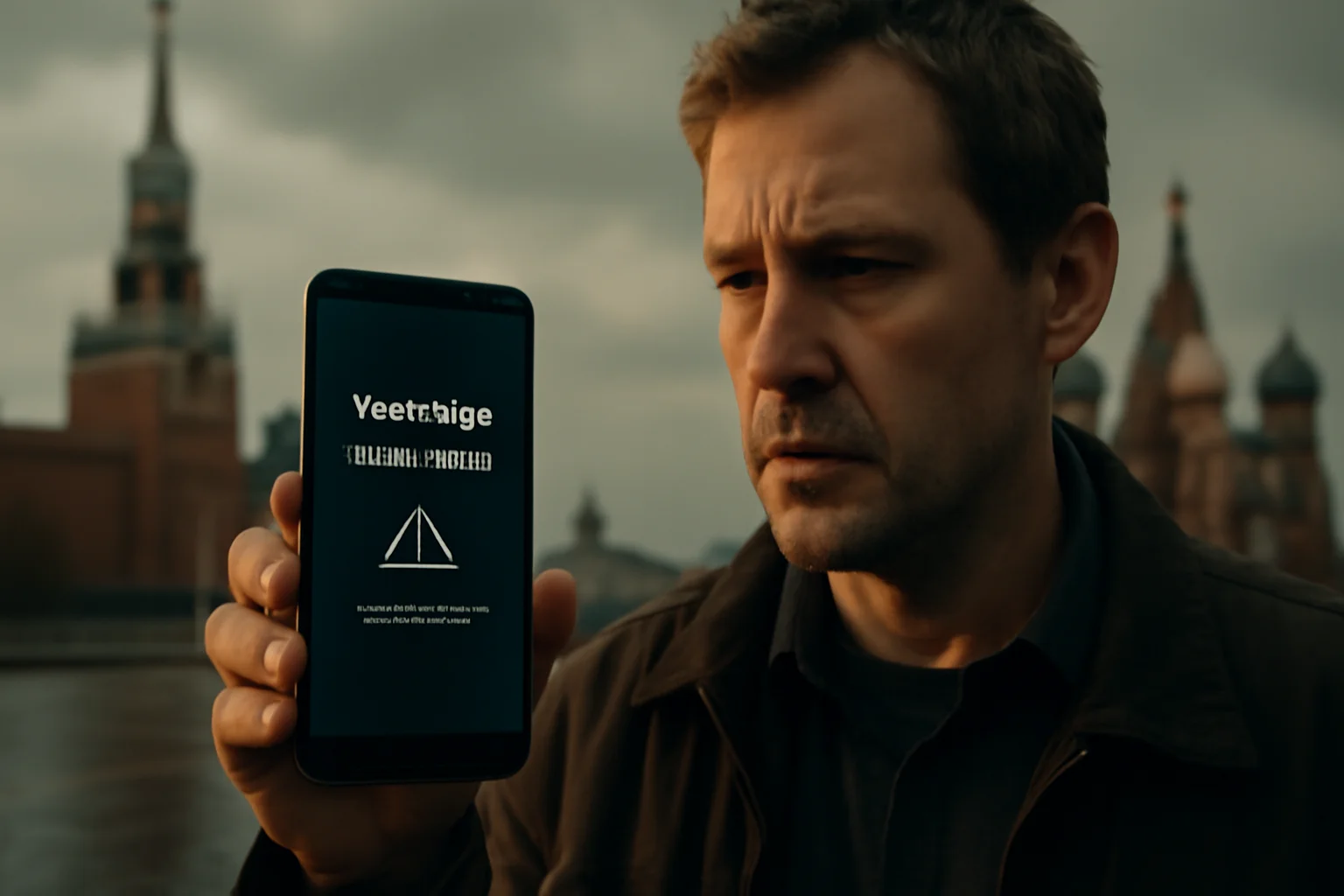
The real story breaks wide open when Russia sets a deadline: by September 1, all software and communication platforms from “unfriendly countries” must face new restrictions. WhatsApp, which boasts 68% daily usage among Russians, is now at the top of the blacklist, according to both Anton Gorelkin and Anton Nemkin from the IT committee. Government officials, citing national security, declare that WhatsApp’s very presence is a “legal breach,” and the fate of the app is “predetermined.” The state-backed messenger Max is rolled out with fanfare, promising Russians a more secure, integrated experience—one that comes with built-in government oversight. Media reports confirm that fines, slowdowns, or outright blocks could be imposed overnight, following the examples set with Facebook and Instagram in 2022. For ordinary Russians, the change is abrupt: chats disappear, connections to friends and family abroad grow harder, and workarounds become essential. VPNs and encrypted tools see a spike in downloads, as users scramble to maintain private conversations in the face of growing digital barriers. Business owners, entrepreneurs, and IT professionals rush to migrate group chats, customer support, and communication workflows to domestic apps. The Kremlin’s digital sovereignty project shifts from rhetoric to reality, as WhatsApp vanishes from app stores and becomes increasingly inaccessible on Russian networks. The sense of loss is palpable for many, but the government frames the move as an essential step for national security and data control. A digital era ends, and a new, state-approved chapter begins for Russia’s internet.
Advertisement
6. Resistance in the Ranks

Despite the government’s confidence, resistance to the new order simmers beneath the surface. Many Russians question the motives behind the crackdown, suspecting it’s more about control than protection from foreign threats. Digital rights activists warn that state-backed apps like Max, with their deep integration into public services, could make surveillance and censorship easier than ever. Reports surface of citizens exploring alternative methods—VPNs, proxies, and even encrypted international messengers that stay off the government’s radar. Critics also worry about Russia’s growing isolation from global communication and the impact on business, travel, and academic exchange. Some state media executives, like Margarita Simonyan, raise concerns that new laws will make it harder for journalists and activists to investigate or communicate freely. Tech-savvy users warn friends and family about the risks of government-run platforms, urging caution and data protection. The sudden disappearance of WhatsApp from daily life is a shock for those who relied on it for work, school, or simply staying connected to loved ones overseas. Entrepreneurs in Russia’s thriving IT sector fear stifled innovation, as the state’s dominance crowds out competition and creativity. While public resistance remains mostly muted, private frustration and quiet acts of digital defiance continue to grow. The Kremlin’s digital fortress is strong, but the spirit of independent communication persists, even in the face of mounting restrictions.
Advertisement
7. Sovereign Internet Takes Shape

Russia’s moves against WhatsApp are part of a broader campaign to build a “sovereign internet,” a concept that has reshaped the country’s digital ecosystem. New regulations require that all personal data, communication, and social networking activity be routed through domestic servers, giving authorities unprecedented oversight. Schools, hospitals, and government agencies are compelled to abandon foreign platforms, integrating their workflows with VK services and the new Max messenger. By law, all educational and official communications must move to state-approved platforms, ensuring that sensitive information stays within Russia’s borders. The result is a digital environment that mirrors China’s “Great Firewall,” with the state able to control, monitor, and filter information at will. Officials insist that these measures are necessary to protect citizens from foreign meddling and data theft. Critics counter that they serve mainly to suppress dissent and consolidate the Kremlin’s grip on public discourse. Russia’s shift toward a self-contained internet is watched closely by governments worldwide, with some considering similar measures in the name of national security. The stakes are high: a sovereign internet means fewer avenues for dissent, tighter control over information, and greater power for those who write the rules. As the rest of the world debates privacy and free speech, Russia’s model stands as both a warning and a test case for the future of the digital age. The transformation is nearly complete, but its long-term consequences are only beginning to emerge.
Advertisement
8. Daily Life After WhatsApp

As the dust settles, Russians begin to adjust to a world without WhatsApp. For many, switching to Max or VK Messenger feels like stepping into a smaller, more monitored digital universe. Business accounts migrate, group chats scatter, and communities try to regroup on unfamiliar platforms. Parents struggle to keep up with school updates, and friends find themselves juggling multiple apps to maintain their old connections. The shift is most painful for those with ties abroad, as access to international contacts becomes patchier and more unreliable. Many Russians mourn the loss of simple, encrypted communication that once connected them to family, colleagues, and the wider world. Younger users adapt more quickly, experimenting with VPNs and hidden apps, while older generations express frustration and confusion. Some schools and organizations resist the transition, holding onto legacy apps as long as technically possible before finally giving in. Meanwhile, state media launches a campaign to promote Max as safer, smarter, and more reliable—though skepticism lingers. Day by day, the digital gap between Russia and the rest of the world widens, and the country grows more insular in its online habits. The post-WhatsApp era is here, and life—online and offline—will never quite be the same.
Advertisement
9. Global Ripple Effect

Russia’s decisive break with WhatsApp is being felt far beyond its borders. Tech companies, governments, and privacy advocates watch closely as the Kremlin tests the limits of digital sovereignty. Meta’s silence speaks volumes, as foreign firms assess the risks of operating in markets with increasingly aggressive regulations. Other countries, especially those facing political turmoil or sanctions, study Russia’s approach for lessons and warnings. China’s model of a government-controlled super-app is no longer unique; Russia’s Max aims to offer the same blend of utility, compliance, and surveillance. Experts warn that widespread adoption of sovereign internets could lead to a fragmented, Balkanized digital world, where information is tightly gated by national boundaries. Global tech innovation slows, as major players pull back from countries with unpredictable legal landscapes. Russian internet users, once plugged into a global conversation, now find their world shrinking—more local, less connected, and far more closely watched. The crackdown on WhatsApp sends a chilling message: access to global platforms is no longer guaranteed, and communication freedoms can disappear overnight. Debate rages on about the balance between security and openness, and whether the new digital walls are worth the loss of connection. As Russia’s experiment continues, the rest of the world wonders: whose internet will survive the age of sovereignty?
Advertisement
10. Uncertain Digital Tomorrow

With WhatsApp gone, Russia’s journey into digital self-reliance stands at a crossroads. The Max messenger rises, promising security and national pride, but leaving questions about privacy, surveillance, and personal freedom. Telegram, for now, avoids a ban by toeing the Kremlin’s line, but its future remains uncertain as new regulations loom. Ordinary Russians adjust, innovate, and resist—finding ways to keep their conversations alive, even if it means operating in the digital shadows. The government touts the transition as a victory for sovereignty, yet many citizens feel the weight of isolation and lost opportunities. Tech entrepreneurs look abroad for new ideas, wary of the shrinking space for creativity and dissent. The digital iron curtain may be rising, but information still finds cracks, slipping through in encrypted packets and coded conversations. The global tech industry faces a new reality, as borders become firewalls and innovation bends to the will of politics. Russia’s experiment with banning WhatsApp may set the tone for a new age, one where the internet is not one network, but many—each shaped by the power and paranoia of its gatekeepers. The future of Russian communication hangs in the balance, and the world is watching, message by message, update by update. Tomorrow’s web is uncertain, but the battle for its soul has already begun.
Advertisement
Advertisement
You May Also Like


